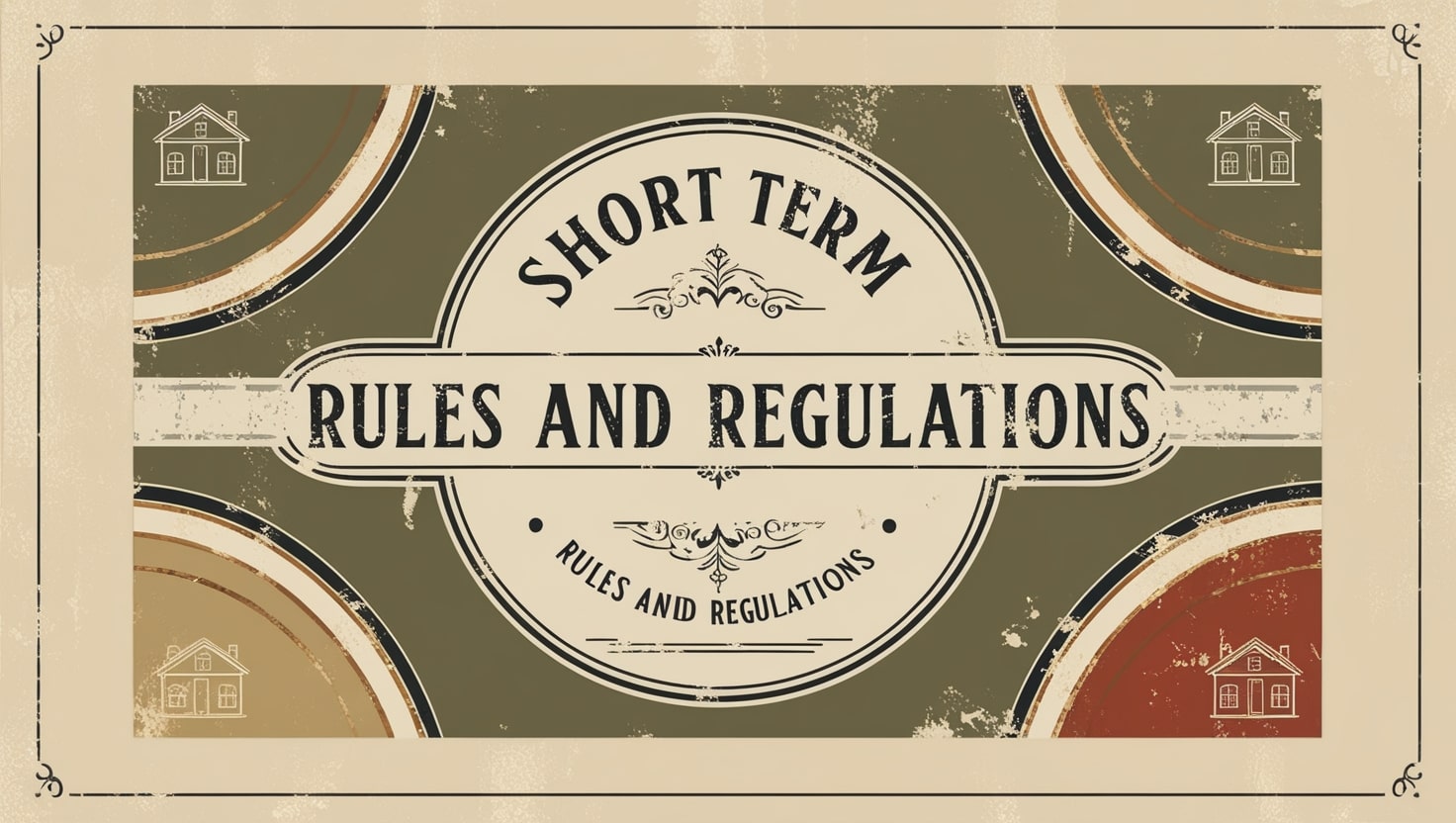Birmingham, United States Airbnb Rules & Regulations
Last updated on: 4th July, 2025


Last updated on: 4th July, 2025

As of now, Birmingham, Alabama has adopted a relatively lenient regulatory framework for short-term rentals (STRs), such as those listed on platforms like Airbnb. The city has primarily focused on taxation instead of implementing strict regulations. However, after several incidents, including violent occurrences at STR properties, discussions about introducing new regulations have gained traction.
Licensing Requirements: Starting in 2024, hosts operating short-term rentals are required to obtain a standard business license. While no specific STR license is enforced, hosts must meet general safety and maintenance codes, ensuring a habitable environment.
Documentation: To obtain a business license, applicants must submit a completed application, proof of property ownership or authorization from the property owner, and additional business information. Hosts need to collect and remit lodging taxes, which include city, county, and state fees that can total 14% or more.
General Ordinances: While there are no STR-specific regulations, all short-term rentals must comply with citywide noise ordinances, nuisance laws, and property safety standards. This includes maintaining operational smoke detectors and addressing any maintenance issues promptly.
Ongoing Regulatory Discussions: The Birmingham City Council is considering new regulations in response to community concerns. Proposed changes may include:
Permit Issuance: Incoming proposals suggest that neighborhood groups would have the authority to grant or deny permits for STR properties, effectively allowing them to regulate STR presence in their communities.
Despite the current lack of stringent regulations, the introduction of new laws could significantly impact STR operations in Birmingham. Many hosts express concern about potential limitations that could arise, such as neighborhood bans on STRs or strict permitting processes. This is compounded by fears that new regulations may inadvertently drive out local hosts in favor of out-of-state investors, potentially harming community integrity.
In conclusion, while Birmingham remains relatively friendly to Airbnb operators today, the regulatory landscape is evolving. Hosts are advised to stay informed regarding potential changes that may affect their operations, including any new proposals from the city council aimed at addressing community concerns.